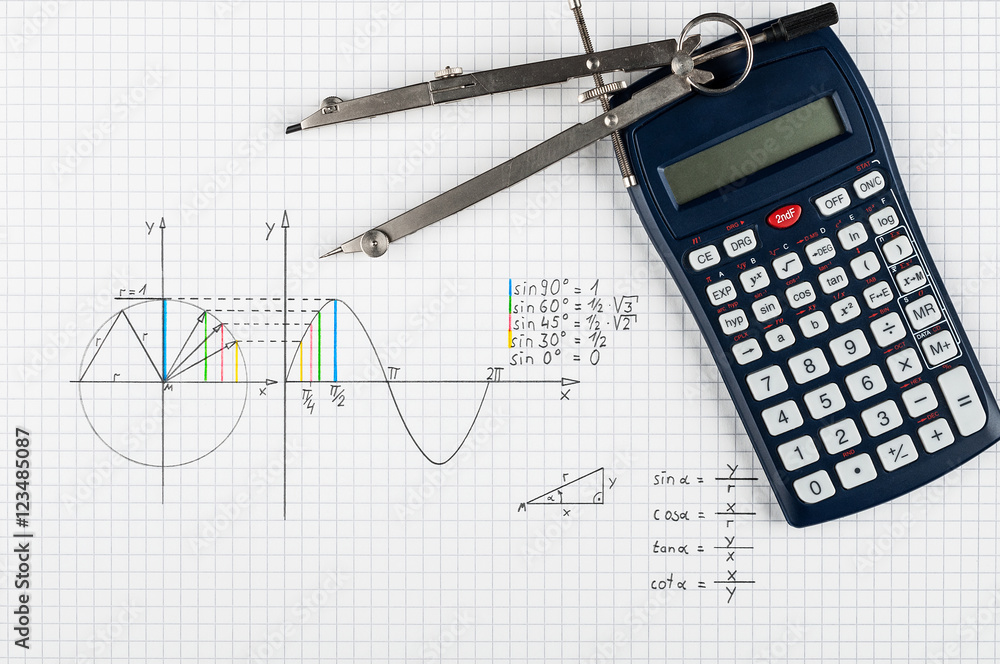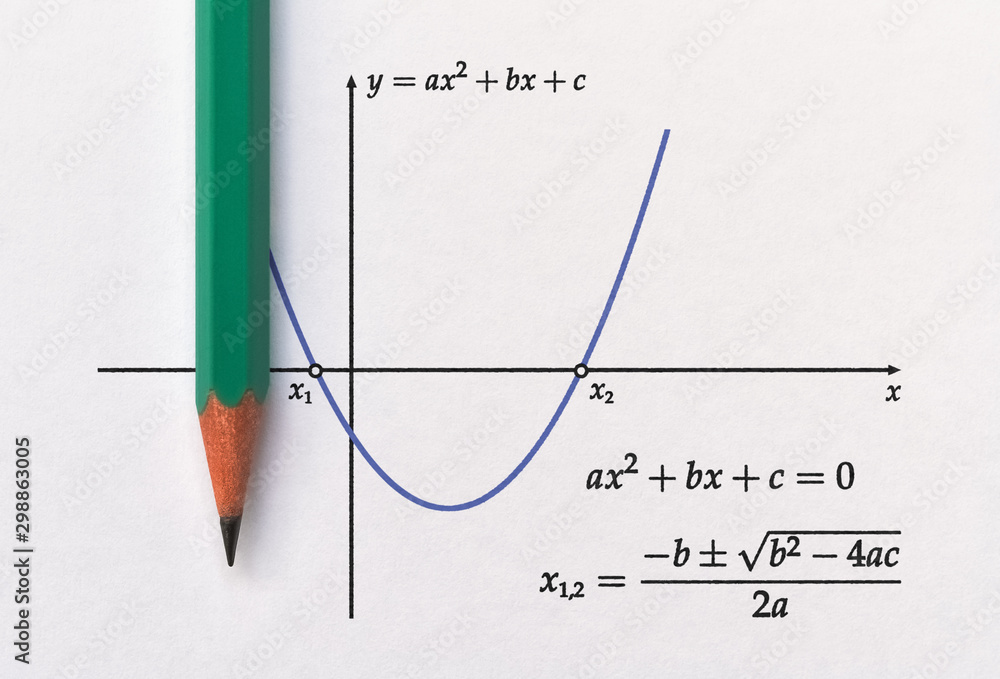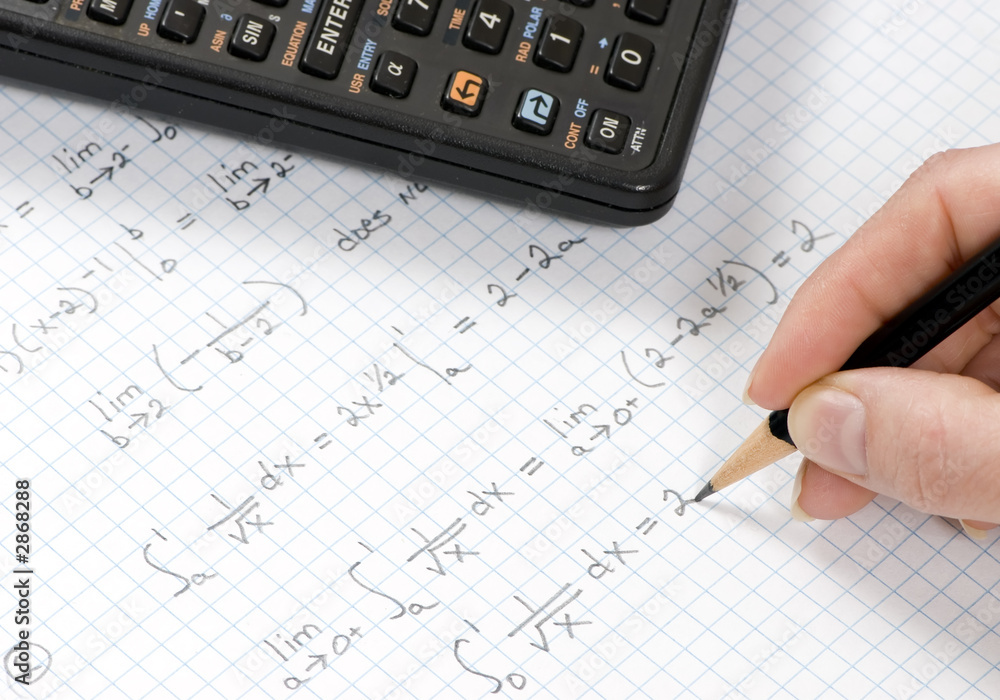Email
Phone
(909) 793-1595
Odyssey Academy's Math Classes
At Odyssey Academy, we offer a comprehensive and progressive math curriculum designed to help students develop strong analytical and problem-solving skills. Our four required core math courses, along with four engaging elective options, provide students with a solid foundation in mathematical concepts and techniques.
PreAlgebra
Prealgebra is designed to introduce students to basic algebraic concepts, essential problem-solving skills, and fundamental mathematical operations. The course focuses on number systems, operations with integers and rational numbers, ratios, proportions, and percentages. Students will build a strong foundation for future math courses while improving their mathematical confidence.
Introduction to basic algebraic concepts.
Development of essential problem-solving skills .
Establishing a strong foundation for future math courses.
Algebra I
Algebra is a comprehensive Algebra I course that explores linear equations, inequalities, functions, polynomials, and quadratic equations. The course emphasizes developing critical thinking and mathematical reasoning skills by applying algebraic concepts to real-world problems. Students will learn to analyze and solve a variety of mathematical challenges, laying the groundwork for more advanced mathematics courses.
Linear equations, inequalities, and functions
Polynomials, factoring, and quadratic equations
Strengthening critical thinking and reasoning skills
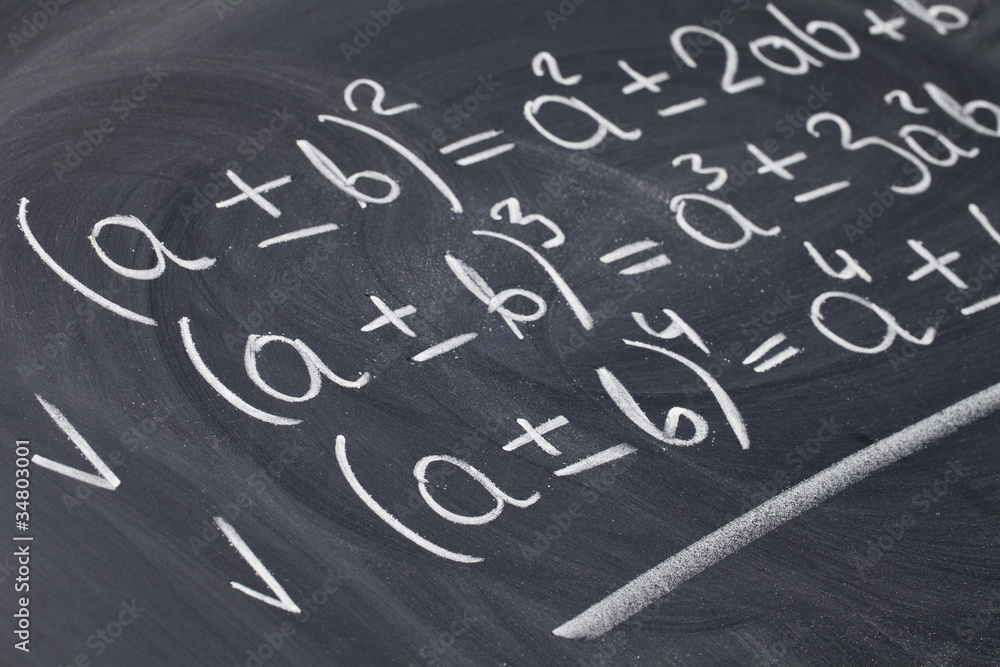
Geometry
Geometry is a course designed to study geometric shapes, properties, relationships, theorems, and proofs. Students will develop spatial reasoning and visualization skills through engaging problem-solving strategies and hands-on activities. The course covers topics such as congruence, similarity, coordinate geometry, and three-dimensional shapes, connecting geometric concepts to real-world applications.
Study of geometric shapes, properties, and relationships.
Theorems, proofs, and problem-solving strategies .
Developing spatial reasoning and visualization skills
Algebra II
This Algebra II course designed to challenge students with complex algebraic techniques and concepts. The curriculum covers topics such as rational expressions, exponential and logarithmic functions, systems of equations, and conic sections. Students will develop a deeper understanding of algebraic principles and learn to apply these skills to real-world problems. Through this course, students will be better prepared for higher-level math courses and develop strong mathematical reasoning abilities.
Advanced algebraic techniques and concepts
Rational expressions, exponential and logarithmic functions
Preparing students for higher-level math courses
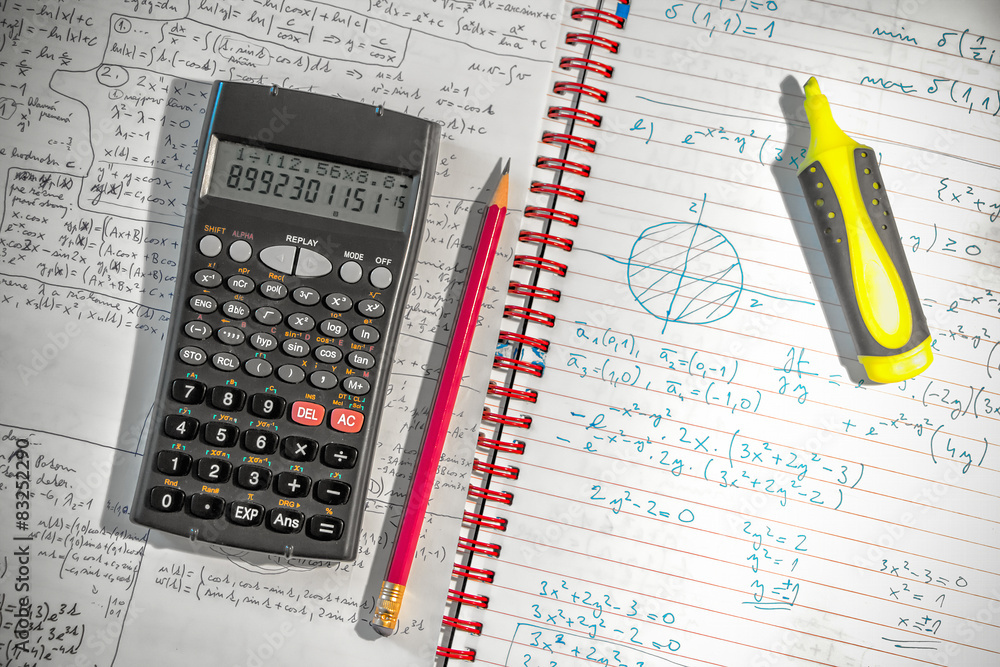
Odyssey Academy's Elective Math Courses
College Algebra
College Algebra is an elective course that provides students with an in-depth exploration of complex algebraic topics beyond the scope of traditional Algebra II. This course covers subjects such as matrices, sequences, series, and advanced functions, enhancing students' mathematical reasoning and problem-solving abilities. By engaging with intricate algebraic concepts and applications, students will develop a deeper understanding of mathematics, preparing them for more advanced coursework and future academic and professional pursuits.
In-depth exploration of complex algebraic topics.
Matrices, sequences, and series
.
Enhancing mathematical reasoning and problem-solving abilities.
Precalculus
Precalculus is an elective course designed to prepare students for the challenges and concepts of calculus. The curriculum covers advanced topics in functions, limits, continuity, and analytical geometry, with a focus on real-world applications. Students will explore topics such as polynomial, rational, exponential, logarithmic, and trigonometric functions, as well as conic sections and parametric equations. By the end of the course, students will have developed a strong foundation in precalculus concepts and be better prepared for the rigors of calculus.
Advanced study of functions, limits, and continuity
Analytical geometry and conic sections
Preparing students for the challenges of calculus
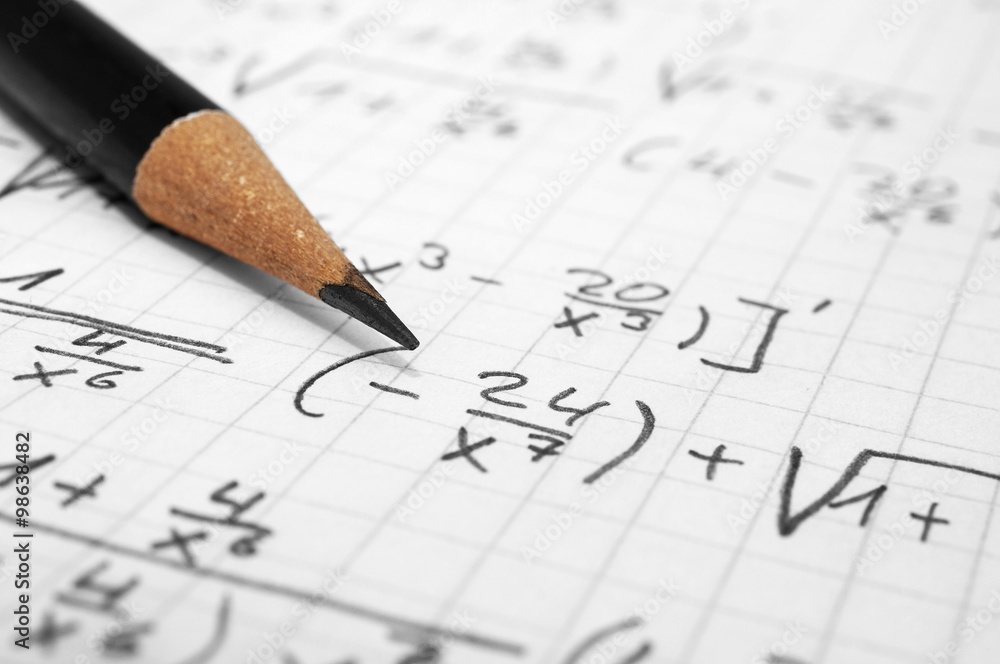
Calculus
Calculus is an elective course that introduces students to the fascinating world of differential and integral calculus. The curriculum delves into concepts such as limits, derivatives, integrals, and their applications in various real-world scenarios. Students will learn to solve complex problems, analyze functions, and explore the relationships between rates of change and accumulation. Through this course, students will develop advanced mathematical and analytical skills, preparing them for further study in higher-level math courses or professional applications in fields such as engineering and physics.
Developing advanced mathematical and analytical skills
Introduction to differential and integral calculus
Application of calculus concepts in real-world scenarios
Trigonometry
Trigonometry is an elective course that examines the intricacies of trigonometric functions, properties, equations, and identities. The curriculum focuses on the study of angles, right triangles, and the unit circle, as well as the relationships between trigonometric functions such as sine, cosine, and tangent. Students will learn to solve trigonometric equations, prove identities, and apply their knowledge of trigonometry in various contexts, including real-world applications in science, engineering, and architecture. This course enhances students' understanding of angles and their applications, fostering the development of strong analytical and problem-solving skills.
Study of trigonometric functions and their properties
Solving trigonometric equations and identities
Enhancing students' understanding of angles and their applications
